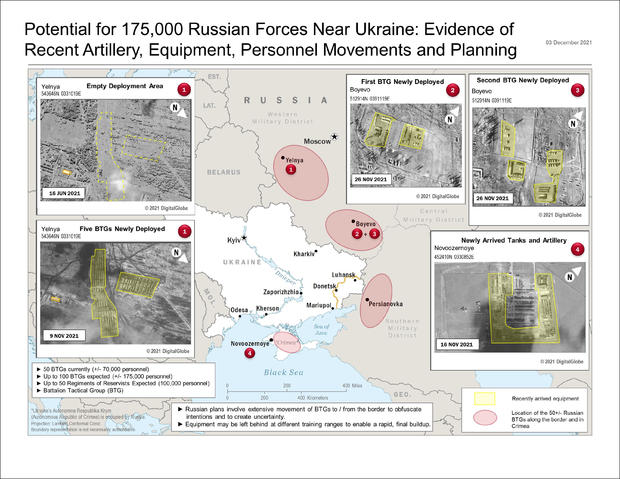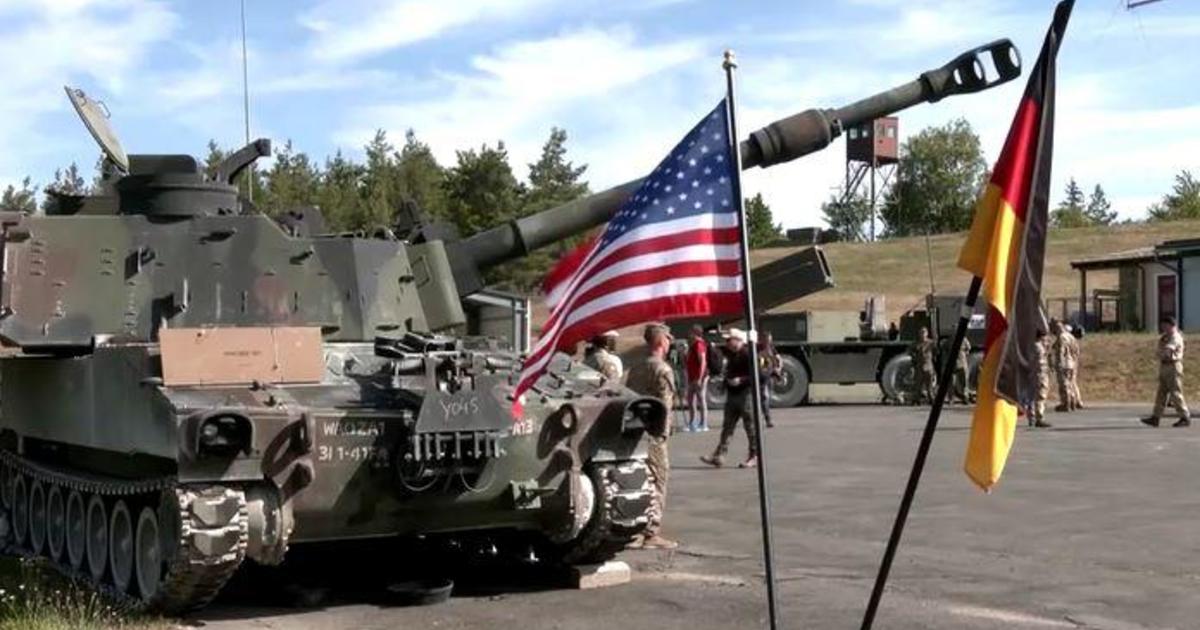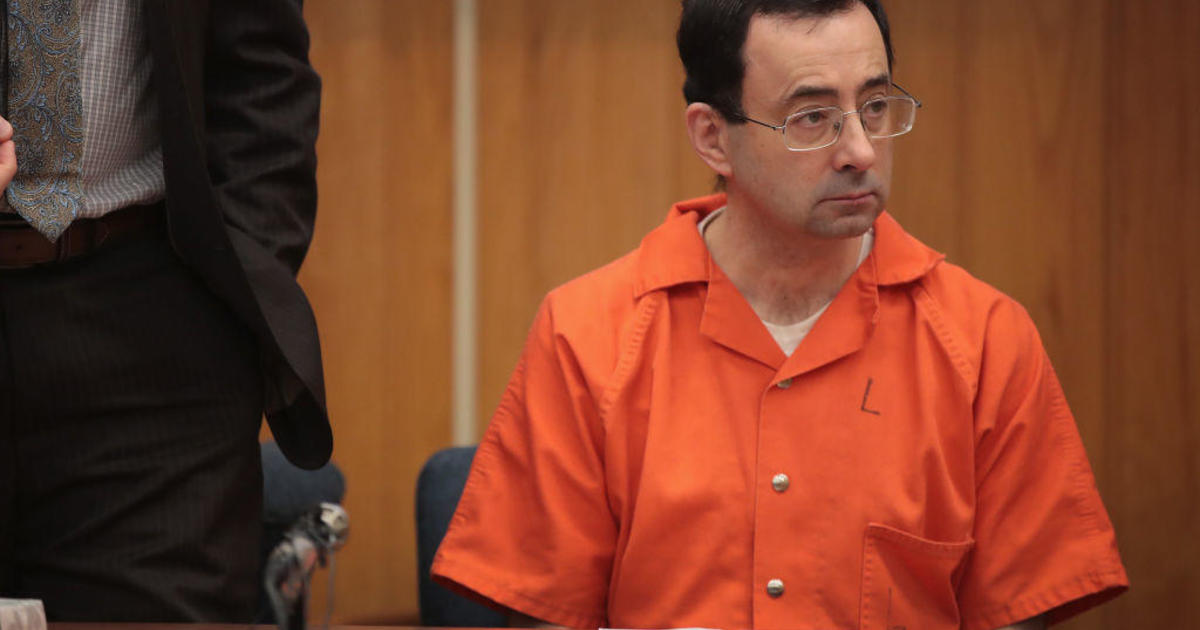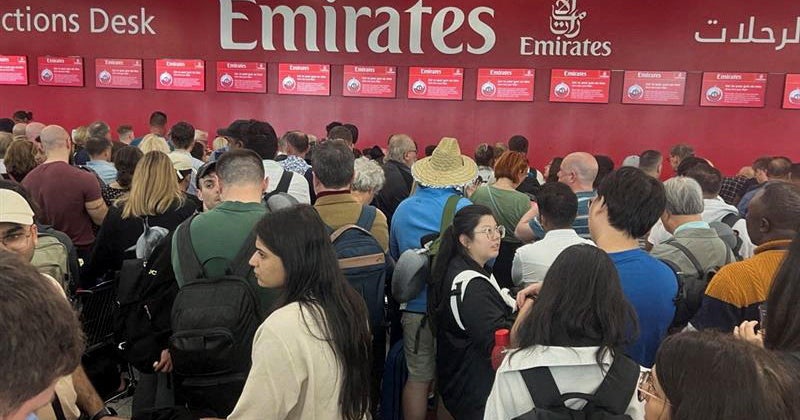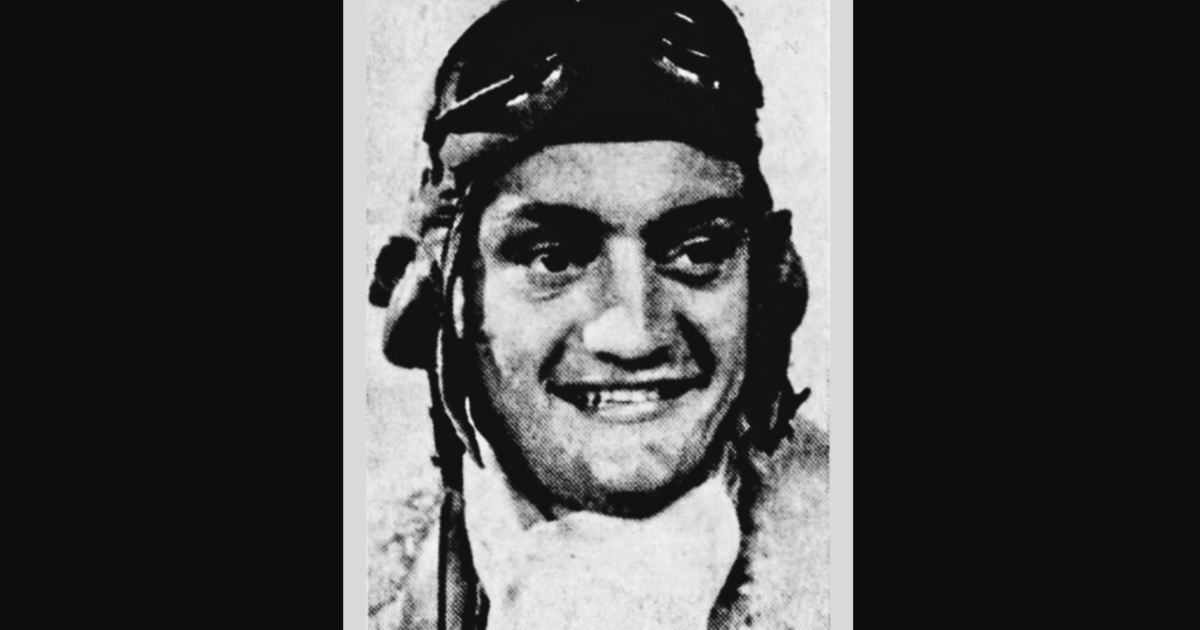Diplomatic talks with Russia: What you need to know about the standoff over Ukraine
Delegations from the United States, NATO and other international partners will meet overseas this week for several rounds of high-stakes diplomatic talks with Russia, as Moscow continues its military buildup and other destabilizing activities near its border with Ukraine.
Over the past several months, Russia has massed more than 100,000 troops at Ukraine's eastern border and, according to U.S. officials, mounted an aggressive influence campaign. Its actions have prompted concerns among Western and Ukrainian officials that an invasion could occur as soon as this month.
The United States, the G7, NATO and the European Union have each warned of massive economic consequences to a Russian invasion. The U.S. has also said it would continue bolstering Ukraine's military defenses, and that NATO would move to reinforce its eastern flank.
Who is meeting and where?
There are three different groups meeting on different days in Geneva, Switzerland, Brussels, Belgium and Vienna, Austria this week. Each session is expected to focus on different security issues, though there may be some overlap among them.
- Monday, January 10 - Strategic Stability Dialogue: On Monday in Geneva, a U.S. delegation led by Deputy Secretary of State Wendy Sherman will meet bilaterally with Russian counterparts in a forum called the Strategic Stability Dialogue (SSD).
The SSD focuses on arms control and preventing nuclear conflict, and most recently met in July and September. It was relaunched in June following the presidential summit in Geneva, where Presidents Biden and Putin agreed nuclear war "cannot be won and must never be fought." - Wednesday, January 12 – NATO-Russia Council Meeting: All 30 representatives from the NATO alliance and envoys from Russia will meet at NATO's headquarters in Brussels. Deputy Secretary Sherman will also lead the U.S. delegation to this meeting.
The NATO-Russia Council was established in 2002 as a forum for information exchanges between the security alliance and Moscow, though its work was largely suspended after Russia's illegal annexation of Crimea in 2014. The Council has met a handful of times since then, but has been stalled since July 2019 amid worsening relations – which were further strained in October 2021, after NATO expelled what it said were 8 undeclared Russian intelligence officers. - Thursday, January 13 – OSCE Permanent Council Meeting: Representatives of the OSCE will convene a meeting in Vienna, Austria. The U.S. will be represented by Ambassador Michael Carpenter, a former Deputy Assistant Secretary of Defense for Russia, Ukraine, Eurasia, and Conventional Arms Control and foreign policy advisor to then-vice President Biden.
The OSCE, which stands for the "Organization for Security and Cooperation in Europe," is a group of 57 European, Asian, African and North American countries that works on a wide range of security issues, including arms control, conflict resolution, counterterrorism and other areas. Founded in the 1970s in Helsinki, Finland, the group was originally created to foster dialogue between the East and West, and includes Russia as a member.
Anything else?
Deputy Secretary Sherman and Russian Deputy Foreign Minister Sergey Ryabkov met on Sunday evening in Geneva, where the two sides discussed the topics to be addressed on Monday and in the coming days, according to a readout from the State Department.
Finally, NATO Secretary General Jens Stoltenberg will also meet on Monday with Ukrainian foreign minister Dmytro Kuleba during a gathering of the NATO-Ukraine Commission in Brussels, where the U.S. will be represented by the recently confirmed U.S. Ambassador to NATO, Julie Smith.
Will Presidents Biden and Putin be involved?
No, the presidents are not expected to participate in any of the meetings next week. Their last direct interaction was a phone call that took place at Mr. Putin's request on December 31, 2021.
What issues will be addressed?
The issues addressed will depend on the forum. No agendas have been publicly released.
The first, bilateral meeting on January 10 is expected to focus on arms control issues, from traditional nuclear weapons to nontraditional arms like hypersonic weapons, space and cyber technologies.
On Sunday, Secretary of State Antony Blinken said there "may be grounds" for renewing a treaty with Russia that governs the deployment of intermediate nuclear forces in Europe. The Trump administration exited a version of that treaty in 2019, citing repeated violations by Russia.
Blinken also said the U.S. was ready to address the "scope and scale" of military exercises in Europe, provided the Russians reciprocate. He said scaling down troop levels, however, was not being considered.
On Wednesday, the NATO-Russia Council is expected to address some of the public demands Russia has made, including security guarantees from the alliance that it will not expand eastward. NATO's Secretary General, Jens Stoltenberg, has already said that only the alliance will determine its future membership.
U.S. officials have said consistently that the U.S. was coordinating closely with its allies on the agendas for each session, and stressed the phrase, "nothing about you, without you" — to underscore that no security discussions will take place without European allies, including Ukraine, present.
In remarks at the State Department on Friday, Secretary of State Antony Blinken said Ukraine's security would be "front and center" in all the talks.
"We will make the point in every single one of these fora that the aggression against Ukraine will be met with… massive consequences," he said.
What do the Russians want?
Last month, the Russians made public an eight-point draft security proposal that outlined a range of demands.
They include, among others, a commitment that Ukraine will never join NATO; that military arms be withdrawn from and drills be halted in countries that joined the alliance after 1997; and a ban on deploying intermediate-range missiles and nuclear weapons from outside countries' national territories.
While U.S. and NATO officials have already ruled out some of the Russian proposals, they have said some, including a discussion of arms control and increased transparency in military activities, could serve as a starting point for negotiations.
What do Western powers want?
First and foremost, Western powers want indications of de-escalation from Moscow, which have thus far not materialized.
Blinken said on Friday that Russia had massed nearly 100,000 troops at Ukraine's border, with "plans to mobilize twice that number on very short order."
U.S. officials have otherwise been more circumspect in detailing their asks for Moscow. Senior administration officials have said they would offer a detailed "laydown" of concerns at the appropriate time, but have declined to specify either what the U.S. hopes to achieve or what it rejects from Russia's public demands.
How likely is a diplomatic breakthrough?
A wholesale breakthrough is not impossible, but highly unlikely. Because these are complex issues being discussed in multiple venues by a variety of stakeholders, the pace of dialogue is likely to be incremental and piecemeal. Both Russian and American officials offered pessimistic outlooks over the weekend.
In remarks following a meeting of foreign ministers on Friday, NATO's Stoltenberg said that the alliance had a "dual-track" approach to Moscow and, while it would prioritize dialogue and a political solution, would also have to be "prepared for the possibility that diplomacy will fail."
Blinken said Sunday that the U.S. was "committed to dialogue and diplomacy," but that the U.S. would deal "very resolutely" with Russia if it pursued conflict.
So what does this all mean about the potential for an invasion?
It means the risk of an invasion is still real and acute. Russia has shown no signs of pulling back forces since its buildup began. U.S. defense and intelligence officials have said Russian units are positioned for a rapid, large-scale invasion.
Stoltenberg emphasized on Friday that Russia's military buildup had "not stopped."
"We see armored units, we see artillery, we see combat-ready troops. We see electronic warfare equipment and we see a lot of different military capabilities, which are gradually building up in and around Ukraine," he said. "The capabilities, the rhetoric and the track record, of course, that sends a message that there is a real risk for new armed conflict in Europe."
"[T]o make actual progress, it's very hard to see that happening when there's an ongoing escalation, when Russia has a gun to the head of Ukraine," Blinken said Sunday.
